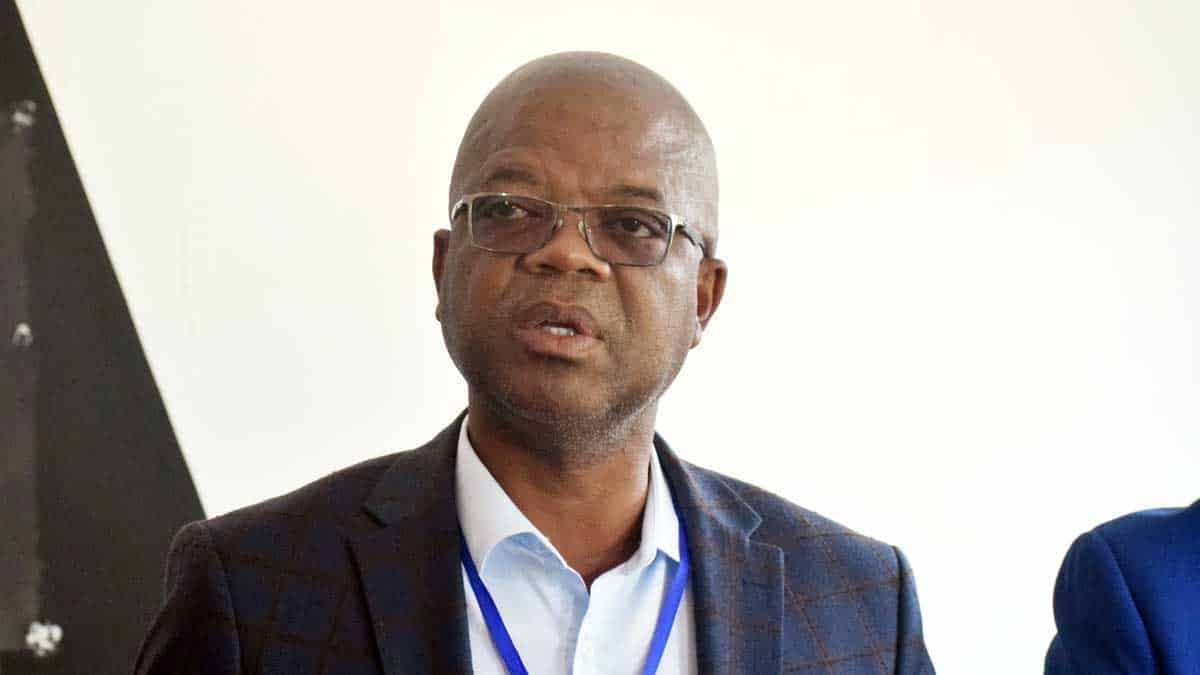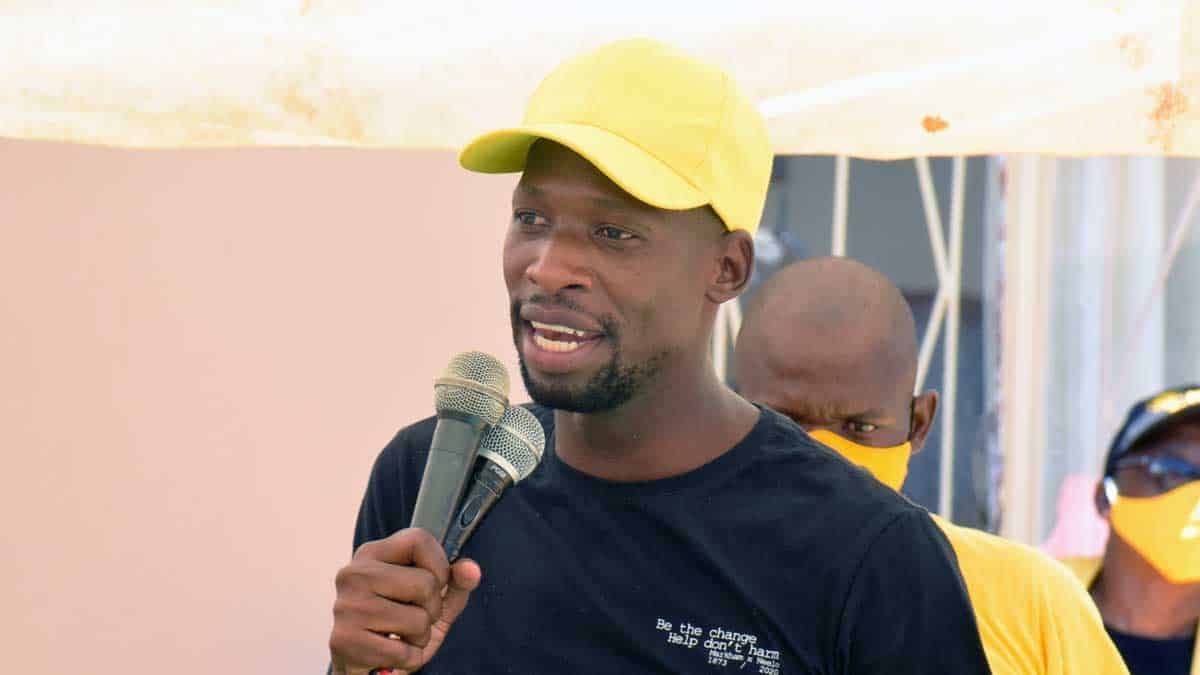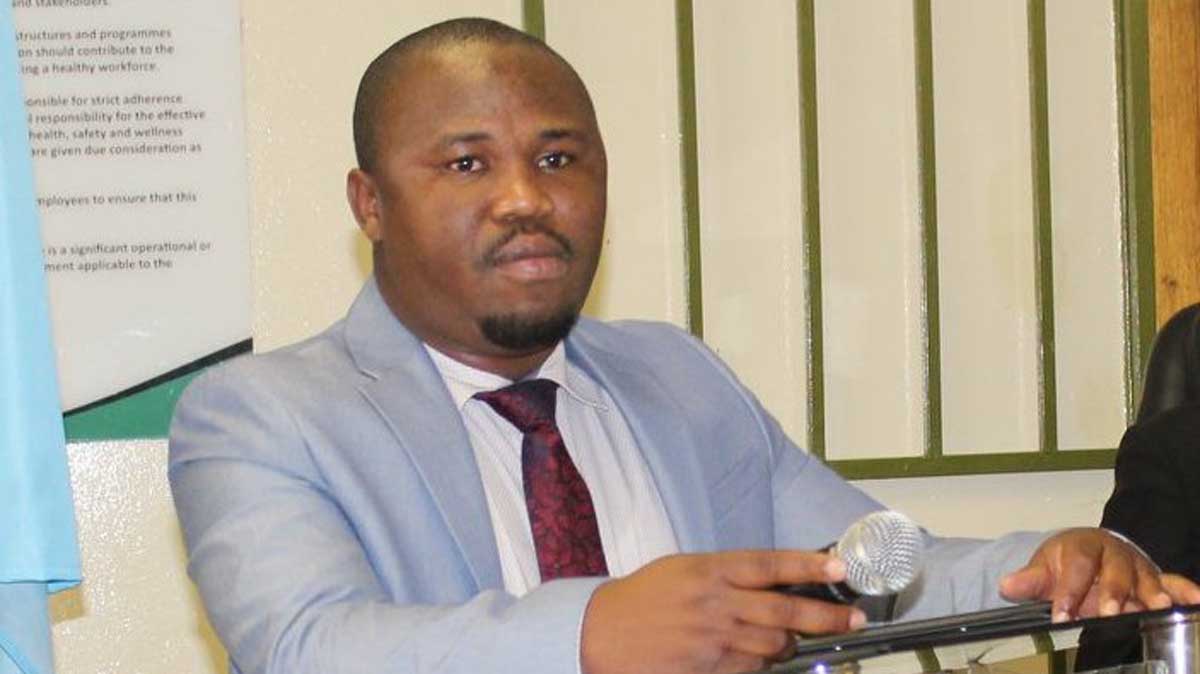President knows that this is the beginning of the end- Ookeditse
After the latest Cabinet reshuffle, hotly followed by the Criminal Procedure and Evidence Bill (CP & E) being brought before parliament as a matter of urgency, The Voice’s DANIEL CHIDA attempts to get a gauge on exactly what President Mokgweetsi Masisi is thinking…..
Moeti Mohwasa – Umbrella for Democratic Change’s Head of Communications
Our position is that this is the worst Presidency in the history of this country.

It is characterised by false promises, deceit, betrayal, intolerance and tyranny, amongst others.
Everything that has come out of this regime is consistent with the attributes mentioned above.
So the latest draconian Bill and the reshuffle should not come as a surprise to anyone.
Lawrence Ookeditse – Publicity Secretary of Botswana Patriotic Front
What we see happening here is a President who knows that this is the beginning of the end. He is going to do all and everything in his power to hold on because he can see that he is becoming more unpopular by the day.
Generally, lukewarm dictators like Masisi tend to grow more authoritarian when they panic and what we see here is the beginning because he is panicking.
Masisi is panicking because he realises the end is near.

He will come with a raft of issues and a piece of legislation which will try to be draconian to allow him to hold into the power longer.
It has started as we are witnessing a person who is panicking and a little eron terms of his decision.
What we see is controversy after controversy from his administration.
He is no longer in charge and the Director General of Directorate of Intelligence Service, Peter Magosi seems to be more in charge of the country than Masisi.
Olebile Machete- Chairperson of BOCONGO
The overall intent and need for the law is noted and appreciated. We embrace the need.
We are however concerned with the assumed identities for undercover investigations.
As far as we understand, nothing in the law precludes that imperative.
We are worried that based on that reality, what public benefit can be derived from legitimizing assumed identities as legal beings?
The downside occasioned by potential abuse far outweighs the possible benefits.

It may compromise the value of our citizenry and citizenship. Even more, it may dent the public confidence in processes such as elections by the citizenry.
We are of the view that it is just not worth it.
Interception of communications is accepted only as an investigative operation both internationally and even locally.
This is important for possible interceptions of criminal activities and others such as terrorism threats.
However, seeing as this is invasion of privacy, which contravenes the provided constitutional right, such intervention should be by judicial function and nothing less.
A judicial officer who orders or allows invasion of privacy would do so after appreciating reasonableness of the application.
It cannot be that such function can be allowed to be sanctioned by a head of a law enforcement agency.
That may further dent the image of law enforcement and investigative organs and hence a threat to our commitment to the rule of law and democratic order, with respect to human rights.
Even with judicial orders sanctioning communications interception, it is important to note that there is need to provide safeguards against human rights abuses by law enforcement agencies.
A judgment on the Butterfly case, which accused some agencies of operating outside the boundaries of CP and E Act attests to a challenge in the credibility test.
Citizens must have a course for recourse should they be subjected to abuse by law enforcement agencies in the name of investigations.
In the very least, the law should establish safeguards for the same.


















